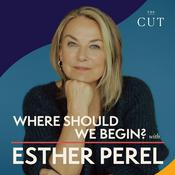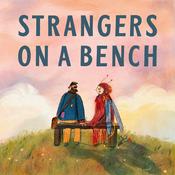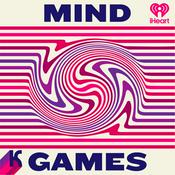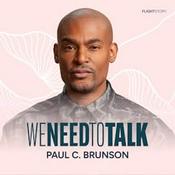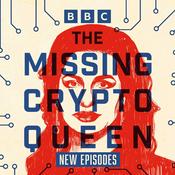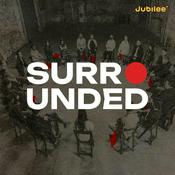278 episodes
- It's a well-rehearsed argument that systemic, structural racism has more significant bearing on the lives and opportunities of racialised minorities than the attitudes of individual racists. But systemic racism is harder to shift, being deeply entangled in the structures of capitalism and democratic liberalism - even the enlightened 'diversity' programs of such liberal institutions as universities and businesses can be put to the service of perpetuating racial regimes.
- There has never been as much art around as there is today - digital tools are incredibly cheap, artistic production and distribution can bypass the traditional institutional gatekeepers of galleries, museums and curated spaces. And yet, there's a sense today in which art is devalued currency, and the potential for art to bring people together is being eroded. This week we're talking art, politics and what we lose when we stop loving culture.
- The question of identity, and whether each of us is best understood as an individual or a member of a collective, has vexed philosophers for centuries. This week we're getting into it with a thinker who's also a leading light in the teaching of philosophy in schools.
- Of course, education has a point - but establishing exactly what that point is, can be a surprisingly difficult task. Do we educate children in order to foster autonomy and independent thinking, or to teach respect for certain norms, values and hierarchies? Is education about creative thinking and developing curiosity about the world, or is it about getting ready for the job market? Plenty of tension to explore this week, in a panel discussion on the aims of education.
- Living and writing through the years before, during and after the Second World War, French author and philosopher Albert Camus witnessed the rise of fascism and its terrible endgame in German National Socialism. Today, amid fears of a neo-fascist resurgence in the USA, his work well is worth revisiting.
More Society & Culture podcasts
Trending Society & Culture podcasts
About Philosopher's Zone
The simplest questions often have the most complex answers. The Philosopher's Zone is your guide through the strange thickets of logic, metaphysics and ethics.
Podcast websiteListen to Philosopher's Zone, World of Secrets and many other podcasts from around the world with the radio.net app
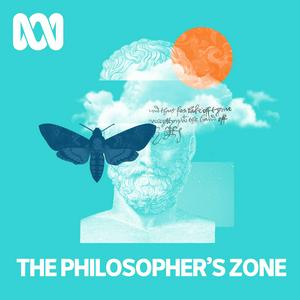
Get the free radio.net app
- Stations and podcasts to bookmark
- Stream via Wi-Fi or Bluetooth
- Supports Carplay & Android Auto
- Many other app features
Get the free radio.net app
- Stations and podcasts to bookmark
- Stream via Wi-Fi or Bluetooth
- Supports Carplay & Android Auto
- Many other app features


Philosopher's Zone
Scan code,
download the app,
start listening.
download the app,
start listening.






